Dr. Vivek Jawali is the Chairman at Fortis Hospitals, Bangalore, and Chief of the Cardiothoracic and Vascular Sciences Division. As one of the best cardiac surgeons in India, he has over 40+ years of experience with over 18000 cardiothoracic and vascular surgeries to his credit. Laparoscopic surgery, heart valve replacement, cardiac ablation, cardiac catheterization, coronary angiogram, device closure, carotid angioplasty, and stenting are some of the areas in which Dr. Vivek Jawali specializes.
Dr. Vivek Jawali holds the record for performing the first beating heart bypass surgery in 1992, the first minimally invasive bypass surgery in 1994, and the first to perform Awake cardiac surgery in 1999 in India. He performed the world’s first Awake open-heart surgery in 2002.
He is a member of the Indian Association of Cardiovascular and Thoracic surgeons, Vice President of the Indian Medical Association and IACTS. He is on the academic council of the Medical Council of India that certifies doctors in the country. He has been also associated with some of the best heart surgery hospitals in India.
After completing his MBBS from MR Medical College, Gulbarga, Karnataka in 1974, he did MS in General Surgery from Jagadguru Jayadeva Murugarajendra Medical College in 1980 and went on to earn MCh from GS Medical College & KEM Hospital in 1984, and DNB from National Board of Examination in 1981. He is the recipient of the BC Roy award for medical excellence.
Heart Transplant
A Heart Transplant is a major surgery where the diseased heart of a patient is replaced by a healthy donor heart. Heart transplants are the last treatment option where other possible treatments have been exhausted, and the heart is failing.
Although heart transplant is an elaborate surgery, statistics reveal that patients have a chance to live an improved life post-operation.
Criteria for Heart Transplant
The criteria for receiving a heart transplant are strict.
Advanced Heart disease: A diagnosis of end-stage heart disease due to cardiomyopathy, congenital defects, and hypertension with a high mortality risk are major criteria for a heart transplant.
Age: Heart transplants are off the list for those who are over the age of 65. Advanced age interferes with the ability to recover from an intensive procedure like a heart transplant.
Medical condition: Diagnosis of other medical conditions like chronic kidney diseases, liver disease, etc that decrease life span.
Cancer: A medical history of cancer renders a patient ineligible for a heart transplant.
Lifestyle: Lifestyle changes are deemed necessary to keep the donor's heart healthy. Therefore, changes like, not smoking and not drinking, are a precondition or requirement for a heart transplant.
Heart Transplant Procedure
Once the donor heart is recovered, it has to be transplanted within a window of 4 to 6 hours. Therefore, the logistics are an equally daunting challenge as the surgery itself. The donor heart has to be a blood and tissue match and be at a viable distance for a successful heart transplant.
The patient is put on a heart-lung machine and the diseased heart is taken out minus the atria or upper chambers.
The donor heart is placed inside the chest cavity, sewn to the atria of the original heart.
Next, the blood vessels are connected to the new heart.
Once the donor heart receives blood supply, it starts beating on its own. If it doesn’t, it may have to be shocked into beating.
When the new heart regains its rhythm, the heart-lung machine is disconnected.
Risks and Recovery
Recovery from a heart transplant is a slow process. The hospital stay may take around 3 weeks and depending on the condition of the patient, it can take up to 6 months for a normal recovery.
The greatest risk is the rejection of the donor's heart by the body, for which immunosuppressants are prescribed.
The immunosuppressants compromise the body to infections, kidney failure, and lymphoma - a cancer of the immune system.
Coronary artery disease may appear in the transplanted heart; however, patients do not feel the symptoms due to the lack of sensations in the new heart.
Regular follow-ups are an integral part of the post-operative process and are key to survival. Biopsies are conducted regularly to check for rejection as there are no symptoms presented in such a case.
Conclusion
The first year after the heart transplant is crucial as most complications such as rejection or infections happen during this period. About 50 percent of heart transplant patients make it beyond the 11-year mark. Follow-up care, seeking prompt medical attention in case of problems, and taking the medications as indicated are crucial for heart transplant patients to live longer.
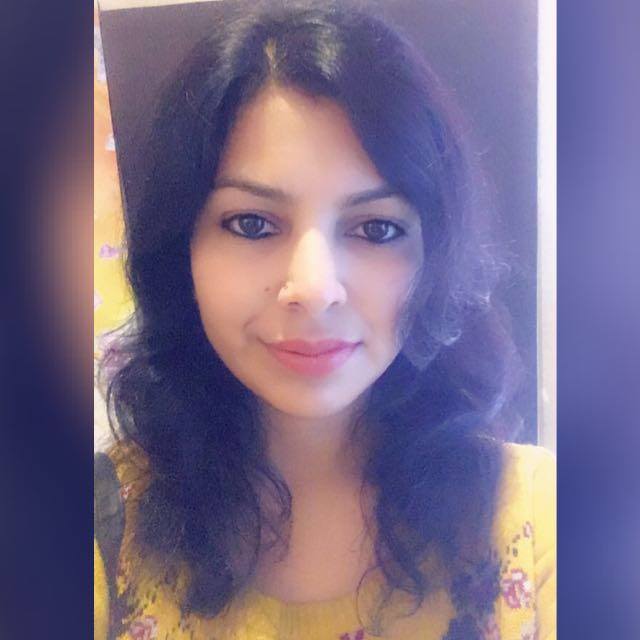

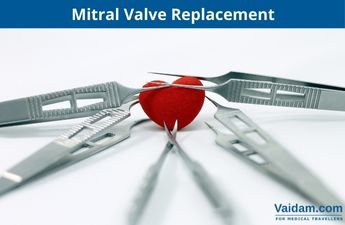

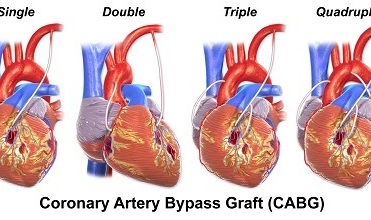
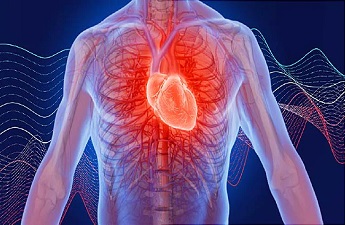


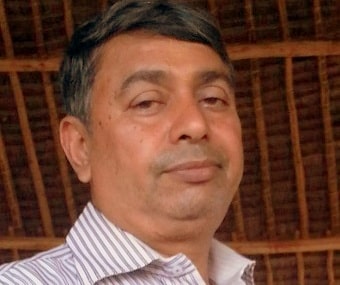
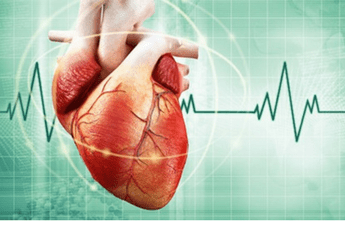
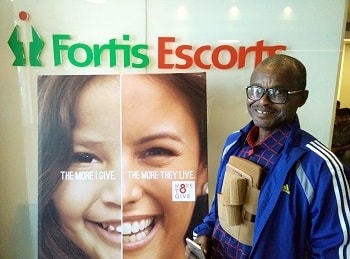
 Vaidam is NABH certified healthcare discovery platform that will connect you to top-notch medical experts, hospitals, wellness options, and trusted travel partners to help identify and make the right healthcare choices.
Vaidam is NABH certified healthcare discovery platform that will connect you to top-notch medical experts, hospitals, wellness options, and trusted travel partners to help identify and make the right healthcare choices. You can search for the best hospitals in India to treat cancer and ailments of the heart, bones or kidney, read about them, view photographs of the facilities at the hospitals and the places at which the hospitals are located, and check the cost of treatment.
You can search for the best hospitals in India to treat cancer and ailments of the heart, bones or kidney, read about them, view photographs of the facilities at the hospitals and the places at which the hospitals are located, and check the cost of treatment. As soon as you post an enquiry, the patient relation team will collect details from you, share them with the doctors and hospitals on Vaidam's panel, and get a personalized treatment plan. We research to get quality treatment within your budget.
As soon as you post an enquiry, the patient relation team will collect details from you, share them with the doctors and hospitals on Vaidam's panel, and get a personalized treatment plan. We research to get quality treatment within your budget. Vaidam concierge assists patients, to get medical Visa to travel to India, the best airline fares and arrangements for your stay. Our concierge also helps you with daily travel, language, and food concerns. Vaidam does everything to be your perfect host. All of Vaidam’s services are free of cost to patients.
Vaidam concierge assists patients, to get medical Visa to travel to India, the best airline fares and arrangements for your stay. Our concierge also helps you with daily travel, language, and food concerns. Vaidam does everything to be your perfect host. All of Vaidam’s services are free of cost to patients. If you are looking for medical care in India (New Delhi, Mumbai, Chennai, Hyderabad or Ahmedabad) or in Turkey (Istanbul,Ankara or Antalya), Vaidam Health has a network in each of those cities.
If you are looking for medical care in India (New Delhi, Mumbai, Chennai, Hyderabad or Ahmedabad) or in Turkey (Istanbul,Ankara or Antalya), Vaidam Health has a network in each of those cities.
